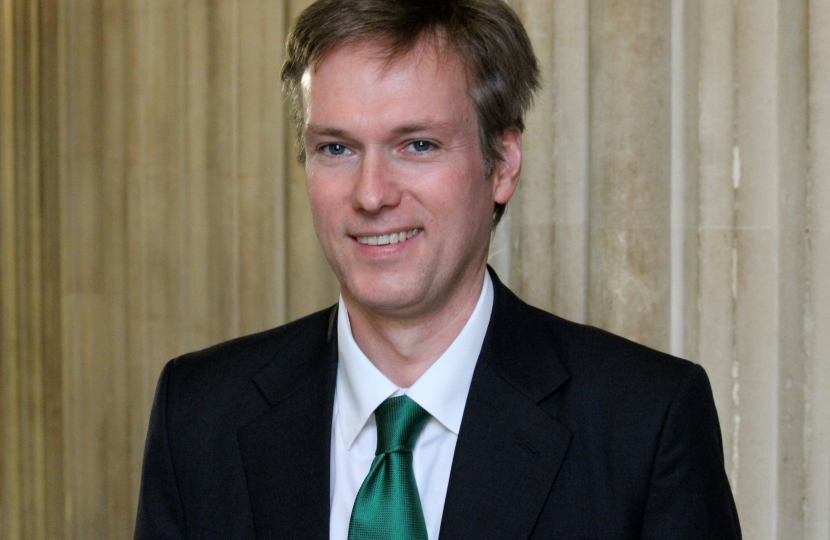
The Airports Commission report in to UK aviation capacity, particularly London and south east England, was published on Wednesday 1 July 2015.
For decades, under successive governments, this issue has been deferred and I believe as an historically great trading nation and with a global class city like London, it was important that the Prime Minister established the independent Commission in 2012 to finally adjudicate the best outcome for the country’s economic growth, the environment and UK as well as world-wide connectivity.
The Airports Commission has made a clear decision that Heathrow expansion is in the national interest. The Commission say it was faced with a choice between a strong business case for Heathrow and an economically incomplete case for Gatwick: a choice between around £100 billion greater national economic benefit and four times more new jobs spread across the UK flowing from Heathrow versus Gatwick which lacks resilient surface transport infrastructure and any available local labour force to staff the airport. The report clearly shows that Heathrow can expand whilst meeting the key economic, infrastructure and environmental tests which it claims Gatwick could not.
The Airports Commission’s own analysis of the Gatwick proposal was that it had a £100 billion deficit on economic benefit to the UK compared to either of the Heathrow options.
The absence of any serious plan to improve surface access to Gatwick, which is already at capacity was another problem the Commission highlighted being not resilient with only one railway line connection on the most congested railway line in the country, that runs through the deepest cutting in Europe. Road access is by the highly congested A23/M23/M25. There were no proposals to address this absence of strategic surface access either put forward by Gatwick.
The Commission noted that Gatwick could not explain how the required new workforce of 122,000 would be found. Total Job Seekers Allowance claimants in the travel to work area in West Sussex and Surrey is 20,861 (the unemployment rate in Crawley currently being at 1.6%). Therefore, these workers would need to migrate to the region with planning authorities like Crawley Borough struggling meet housing demand.
Additionally the Commission said that Gatwick made a speculative argument that the global aviation market will move away from the proven hub model. In cities where two supposed hub airports have been developed (such as Tokyo Haneda and Toyko Narita or New York JFK and Newark International Airport) the airports have lost out to competing hub airports (Seoul, Chicago and Atlanta respectively). The Commission’s terms of reference required them to identify “additional capacity to maintain the UK’s position as Europe’s most important aviation hub”.
Furthermore there were serious questions over Gatwick’s financing and whether the company’s proposals would in reality be backed by its investors.
The final decision now rests with the Government and the Secretary of State for Transport confirmed to me when I questioned him in the House of Commons that it aims to reach its final conclusion by the end of this year.
If Gatwick Airport is ultimately not the choice for runway expansion I believe it will still continue to grow in passenger numbers and routes/destinations and indeed this week I spoke directly with Gatwick’s management about plans to increase its business even if it does not see an additional runway for the foreseeable future.
